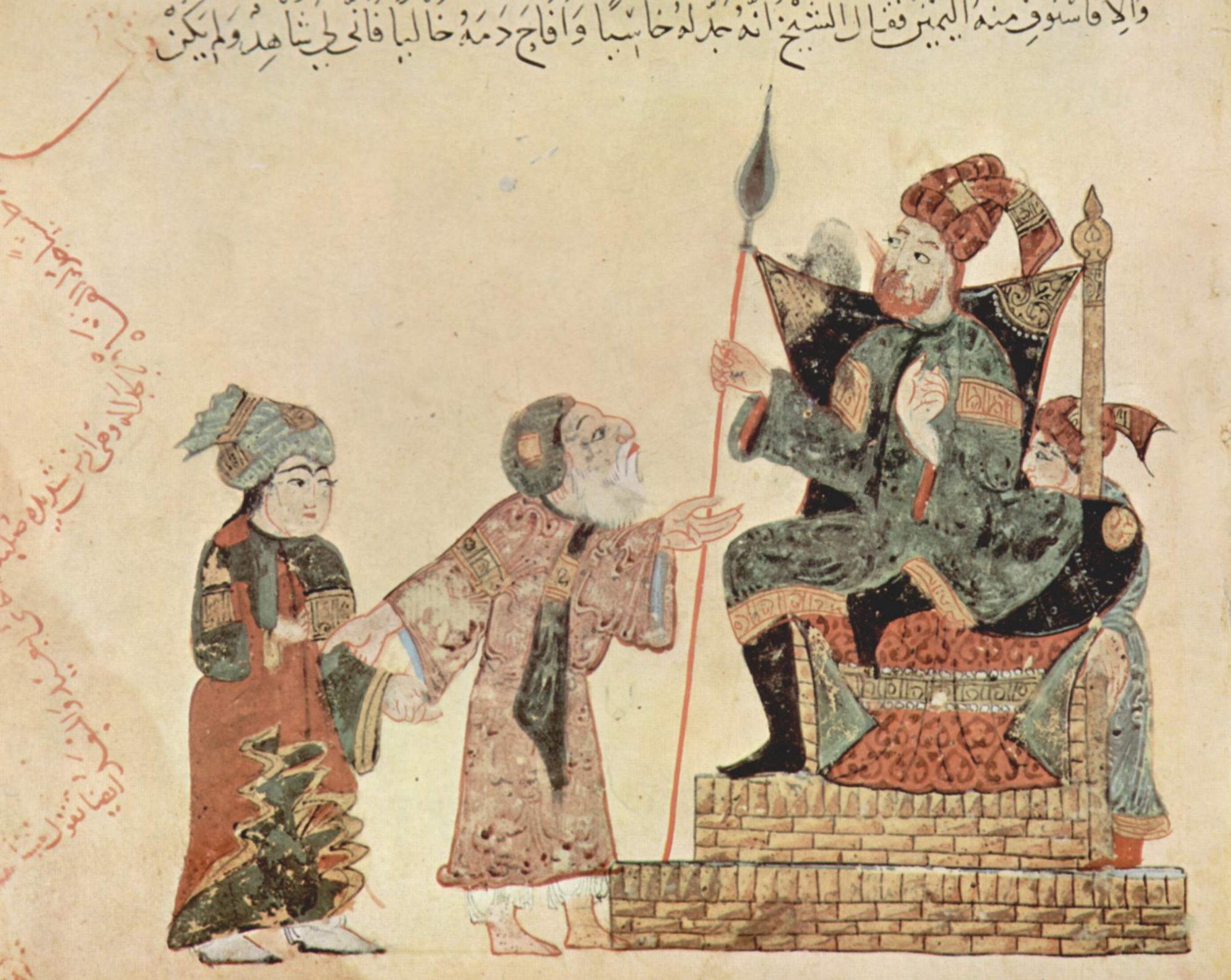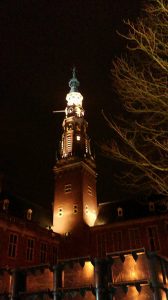It was my first time visiting the city, having previously only read of the Dutch ‘Golden Age’ and the entanglements of Dutch with British history, as well as the storied rise of their maritime empire. I was pleased to see that traces of these fascinating histories still marked the city. This of course made it an entirely appropriate host for the Ocean of Law conference. There were also many relics, monumental and otherwise, of the war of liberation, fought against the Spanish in the early eighteenth century. I was also fortunate to meet Dr Ahab Bdaiwi while roaming the streets; he told me it is a small place and, as such, serendipitous encounters are not uncommon. The first things I noticed emerging from the train station and after exploring a little were the profusion of döner shops and the number of bicycles; I had to keep my wits about me to avoid being knocked down! There was also an ingenious system of floor-level bins for disposing of cigarette stubs, though the technology that permits ticket machines to accept bank notes does not seem to have reached the country yet.
This was my first face-to-face meeting with project colleagues and I was pleased to find them as friendly, learned and engaging in person as they had been online. We discussed business relating to the project, partly logistics, such as the timing of future workshops (in Rabat and Göttingen), and also material we had been working on individually. I was fascinated by Eirik’s project on the Zaydīs, a group I only knew of from the heresiographical literature; it was interesting to know that fairly arcane debates in these sources about the nature of community leadership are still vital issues. The conference, sessions of which I attended, were also highly interesting. I learned about the adoption of the Mecelle in South East Asia (specifically the Sultanate of Johor), the politics and optics of which appropriation were the subject of the keynote address by Dr Iza Hussin. I asked her about the Mecelle’s Ottoman context, given that recent scholarship has demonstrated its high degree of indebtedness to post-classical Ḥanafī doctrine. There were too many excellent papers to recount, and many I was unfortunately unable to attend owing to project commitments and my limited time in the country, but a paper on telegraphy and Islamic law was particularly memorable. South Asian jurists, contra to the Arab modernists I had a better knowledge of, were generally critical of the dependence on the telegraph to announce the start of Ramaḍān. This was partly because the means of transmission were uncertain, given that ownership of the major lines was in the hands of companies owned by non-Muslims, who lack legal probity (`adālah). I suspected these jurists had discussed the analogous case of kitāb al-qāḍī ila al- qāḍī (judges writing to each other, especially to transmit sensitive information of probative value), which the presenter was able to confirm to me. It was also a pleasure to discuss these and related questions with two friends I met for the first time: Drs R. Michael Feener and Hassan Khalilieh. The latter kindly sent me some of his writings on maritime law and slavery, which are highly germane to my USPPIP research. I hope our paths will cross again.
Overall, our time in Leiden was productive, and I learned a great deal. I enjoyed my time in the city, brief though it was, and hope to return in the near future.





